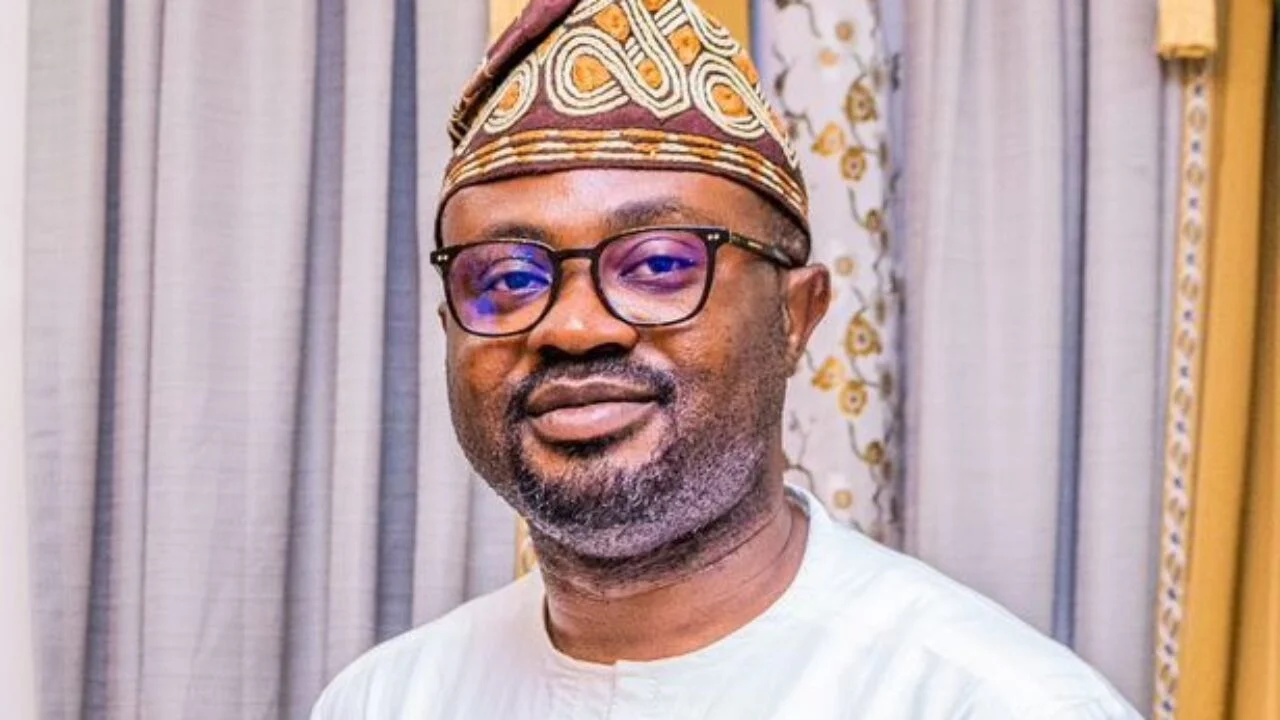
Nigeria’s downstream oil sector deregulation has sparked a gradual decline in petrol prices, presenting new opportunities for businesses and consumers. According to the Independent Petroleum Marketers Association of Nigeria (IPMAN) and major oil marketers, this shift could drive increased market competition, optimize supply chains, and reduce costs for end-users.
This development comes as the Nigerian National Petroleum Company Limited (NNPCL) and other operators imported over 2 billion litres of Premium Motor Spirit (PMS) within 42 days.
According to the PUNCH, IPMAN National Publicity Secretary, Chinedu Ukadike, explained that the recent agreement between IPMAN and Dangote Petroleum Refinery is playing a significant role in reducing petrol costs.
“By just the announcement that IPMAN and Dangote have met and are ready to transact business, the prices of products have crashed. You would have noticed the drop in prices by ₦10, ₦15, or so, and this is due to competition.
“Independent marketers are no longer buying from middlemen. We are going to be buying directly from the producer. So, the competition is setting in. I also want to tell you that before the end of this year, the price will not be as high as what you see now.
READ ALSO: FirstBank awards N29.5M to boost Fintech innovation
“You can see how our meeting with Dangote has significantly removed about ₦10 from the prices of refined petroleum products. It is a good development. We have not even started. Remember I once told you that prices would drop once IPMAN started lifting from Dangote,” Ukadike stated.
A major oil marketer, who spoke anonymously, also attributed the price reduction to deregulation and heightened competition in the sector.
“People are not noticing that prices are going down, primarily because there are no big announcements. Deregulation is in full swing and competition is the order of the day,” the marketer explained.
While petrol prices remain above ₦1,000 per litre in some locations, reductions are being observed. For example, the cost reportedly fell from ₦1,080 to ₦1,070 per litre last week at certain filling stations.
The marketer cautioned against expecting a fixed price, stating, “You may not see N900; that is below cost. Just stop expecting a permanent fixed price. It can come down and it can go up.










